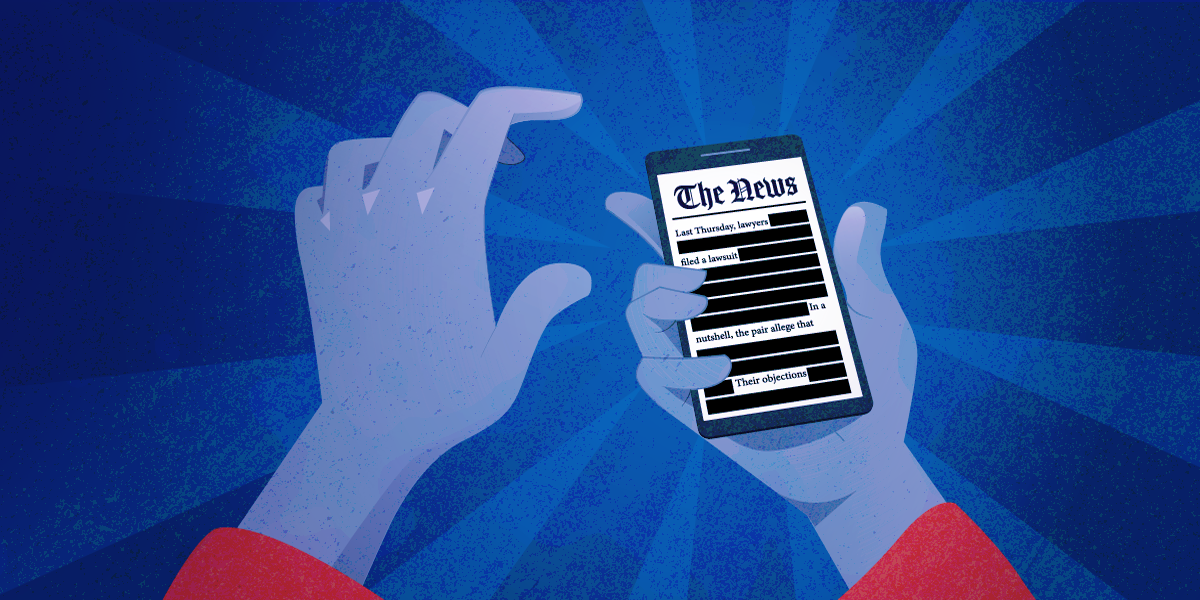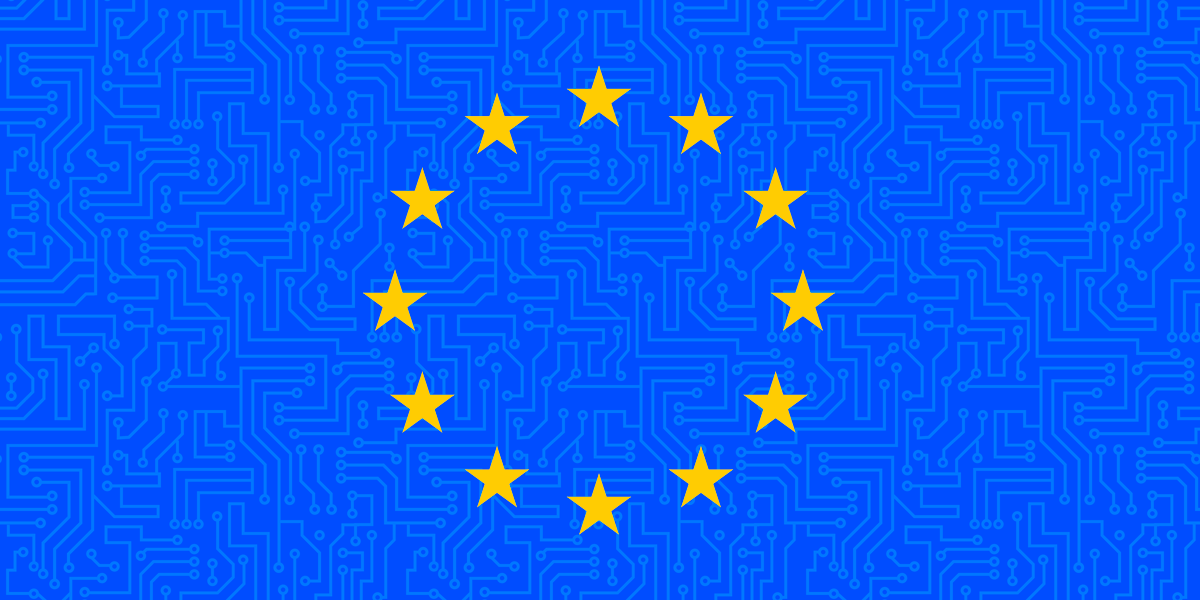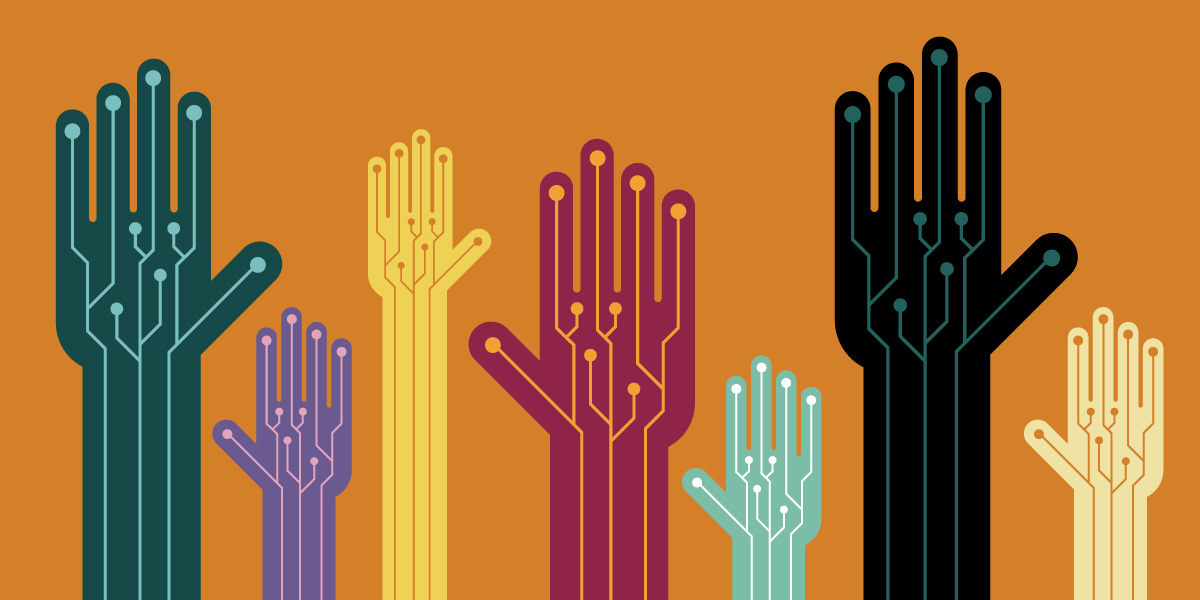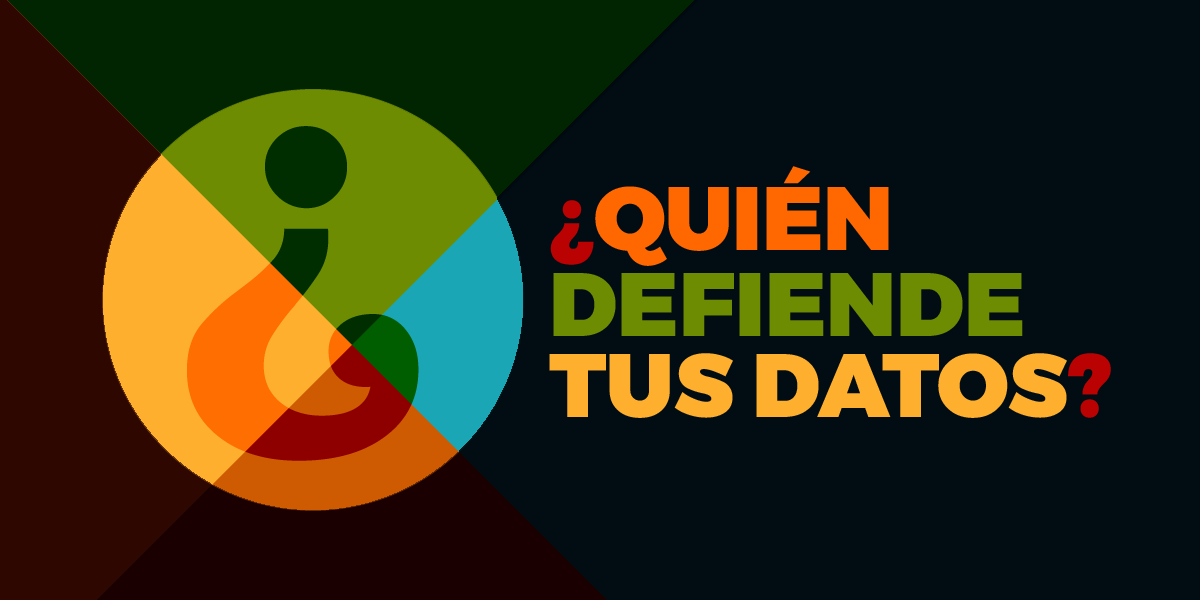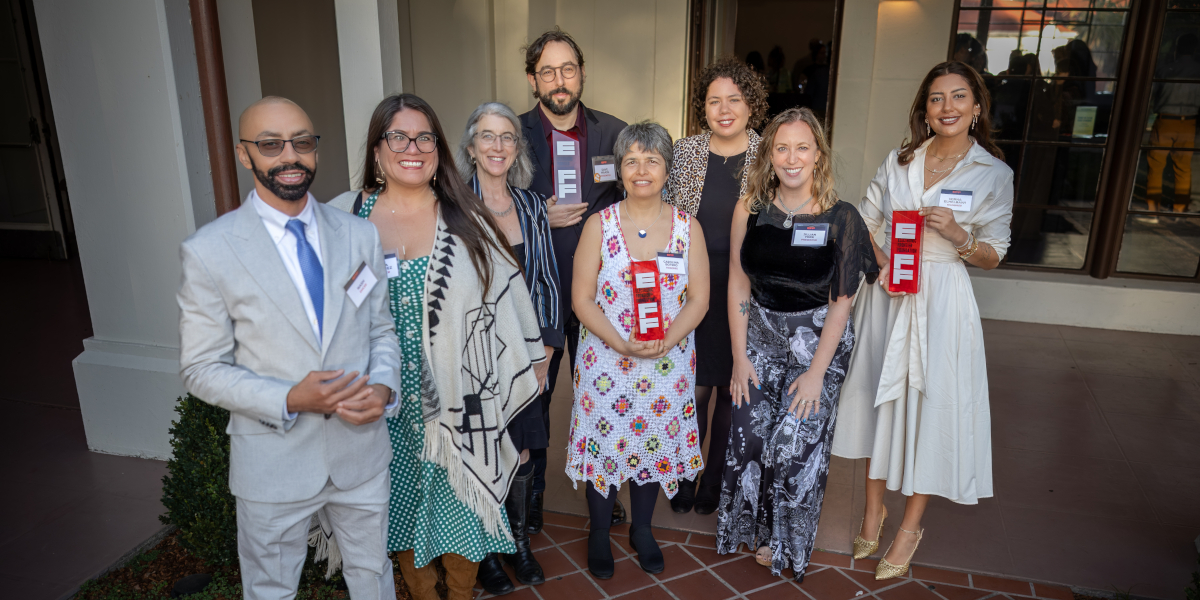EFF to California Appeals Court: First Amendment Protects Journalist from Tech Executive’s Meritless Lawsuit
EFF asked a California appeals court to uphold a lower court’s decision to strike a tech CEO’s lawsuit against a journalist that sought to silence reporting the CEO, Maury Blackman, didn’t like. The journalist, Jack Poulson, reported on Maury Blackman’s arrest for felony domestic violence after receiving a copy of the arrest report from a […]
Continue Reading